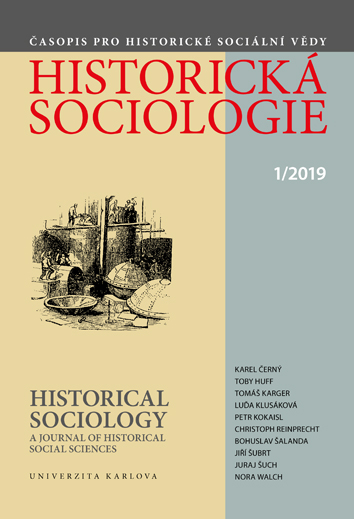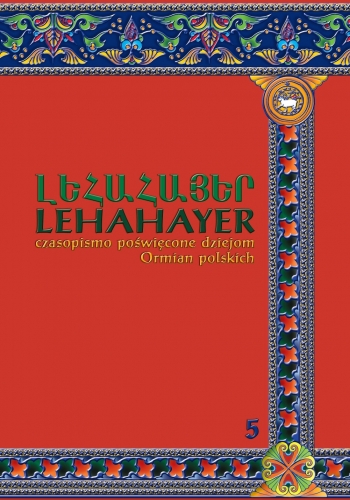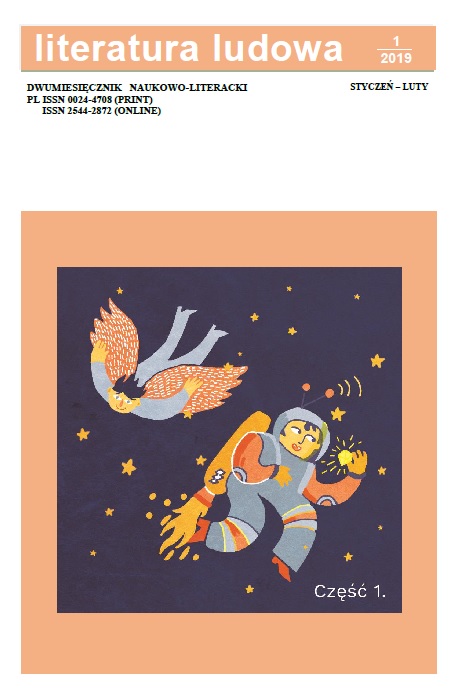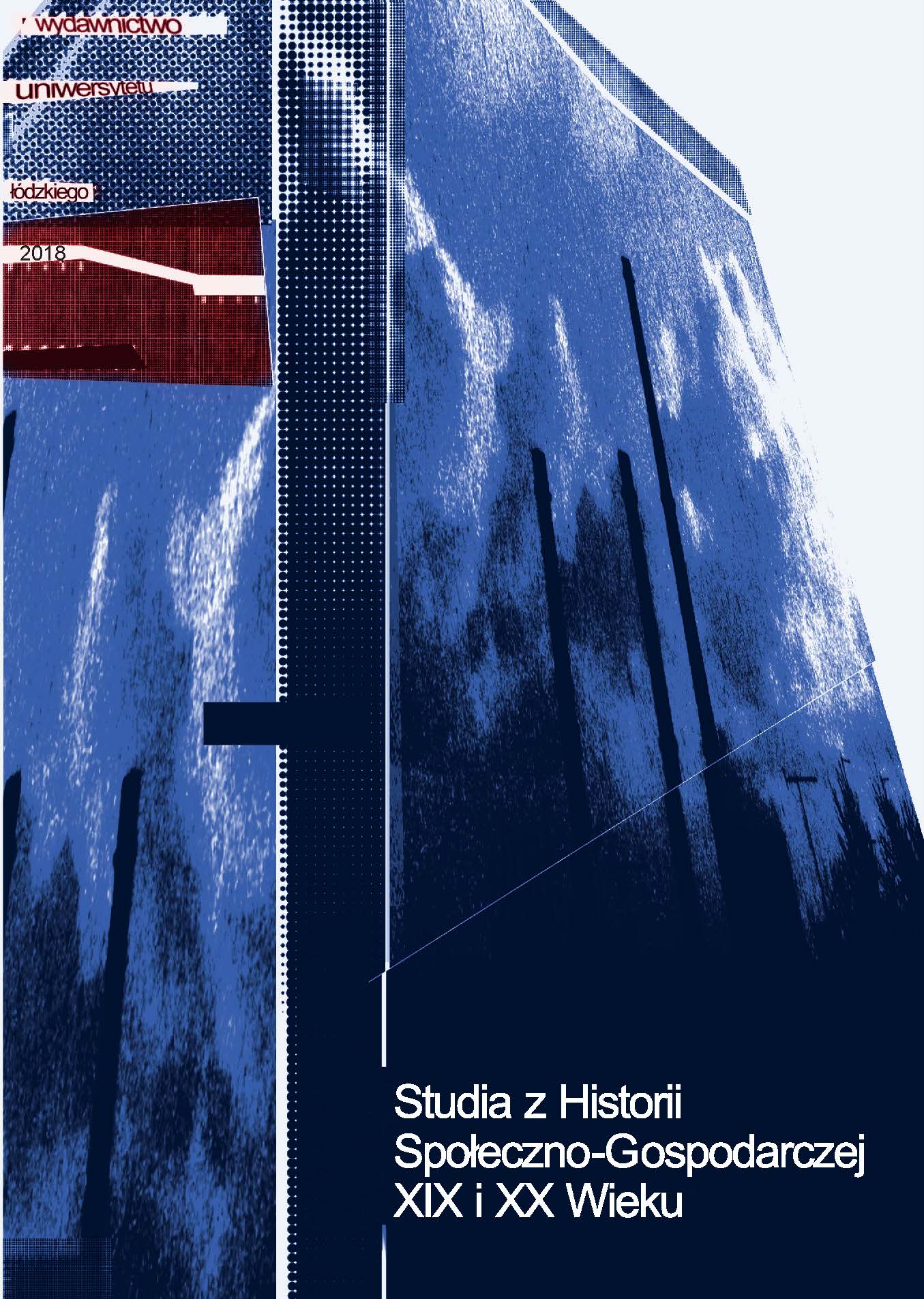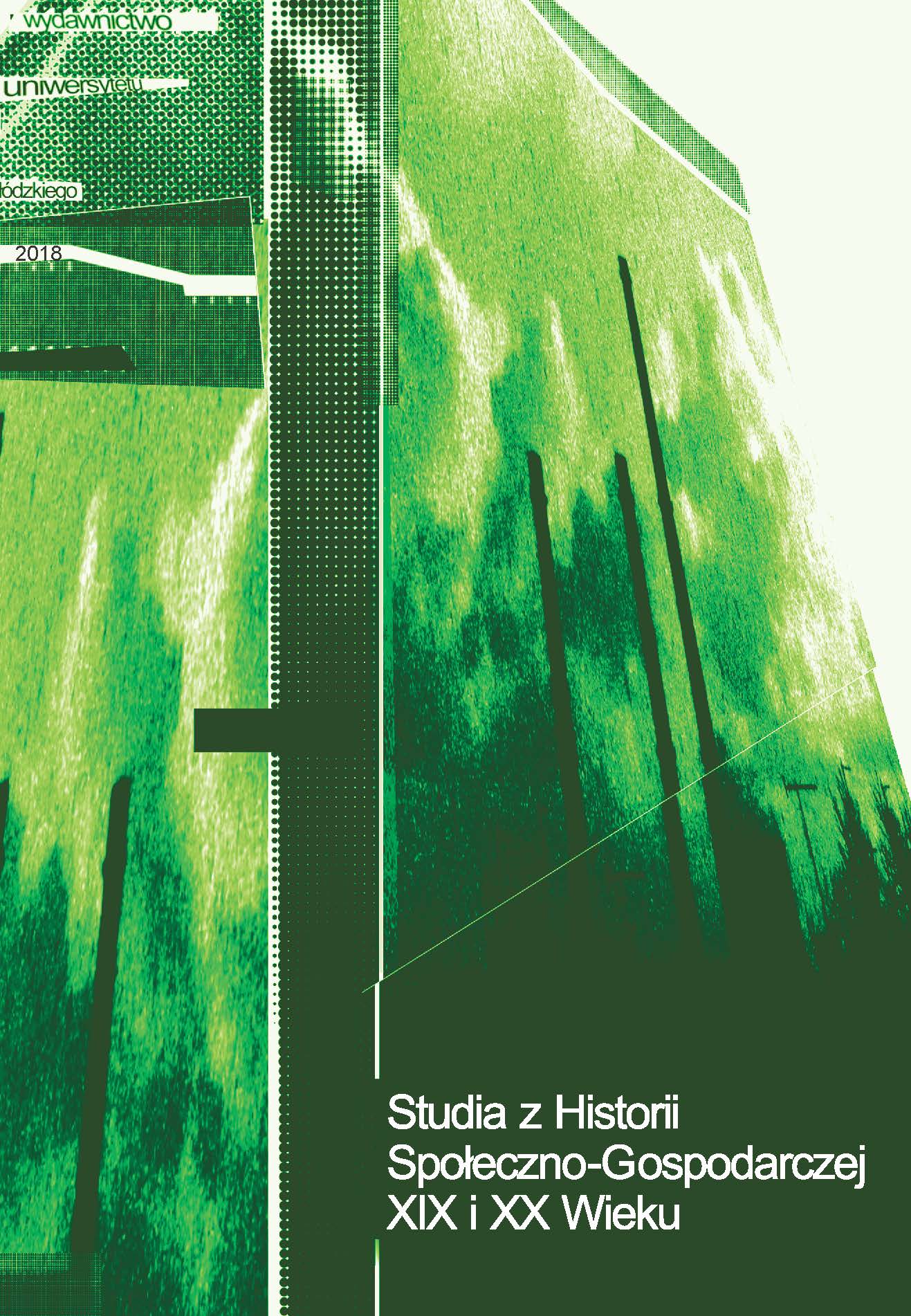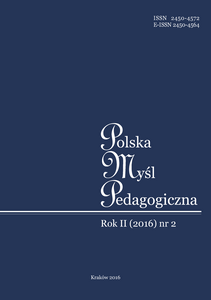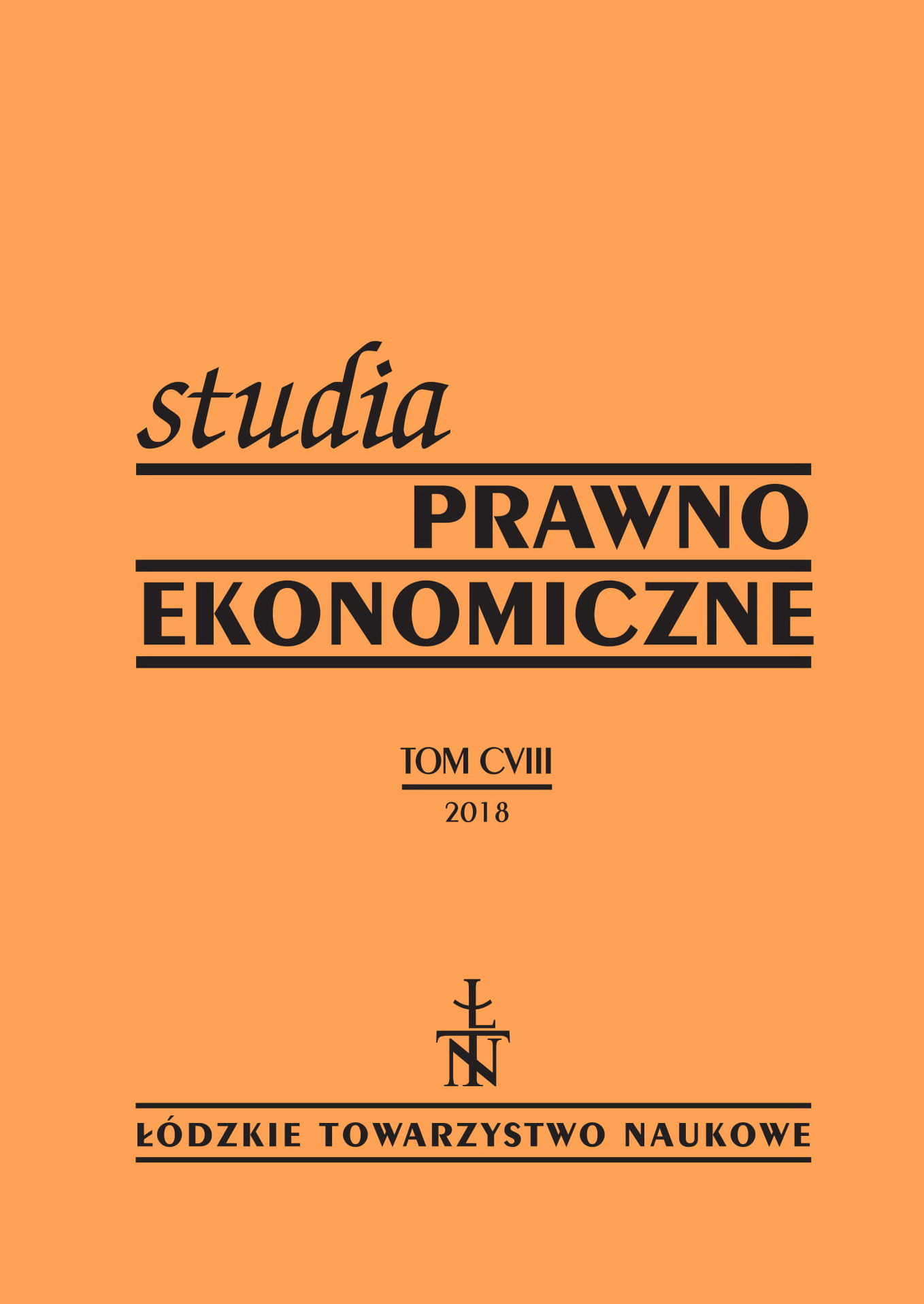
Was the Roman catholic canon law studied in eighteenth-century England?
Establishing of the Anglican Church by Henry VIII and its protestantisation achieved by his children Edward VI and Elizabeth I did not cause an absolute denial of the Catholic customs and traditions in England. Despite other Protestant communities, the Anglican Church maintained a developed legal order which was a continuation of a heritage of medieval canon law. The final victory of the Anglicanism over the Catholic sentiments was achieved in the eighteenth century. In the article, however, the question is asked whether that same mechanism worked in the sphere of the teaching of canon law in England in the aforementioned epoch. It is worth remembering that the canon law could not be taught openly and for this reason, it was often clothed in the form of the lecture of the history and the reception of Roman law. The article contains the conclusions drawn from the analysis of the popular eighteenth-century textbooks of Roman law and Anglican ecclesiastical law. The references to Roman canon law were sought in them, as well as the modes of expressing the statements regarding the Catholic Church and its law were evaluated.
More...
